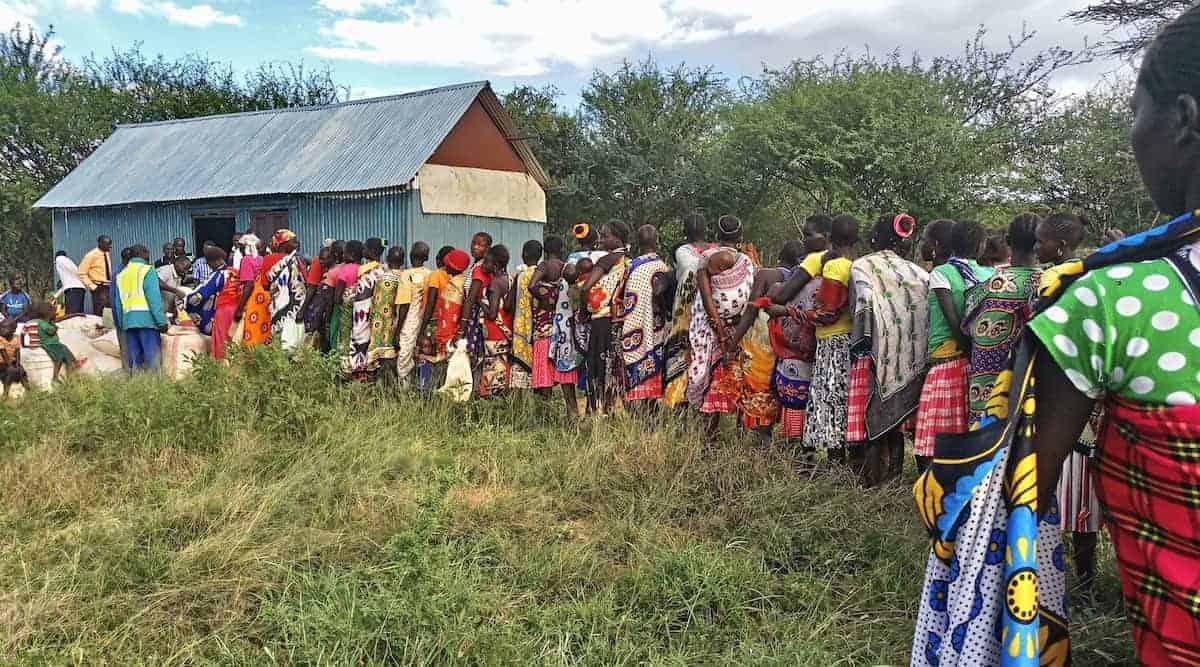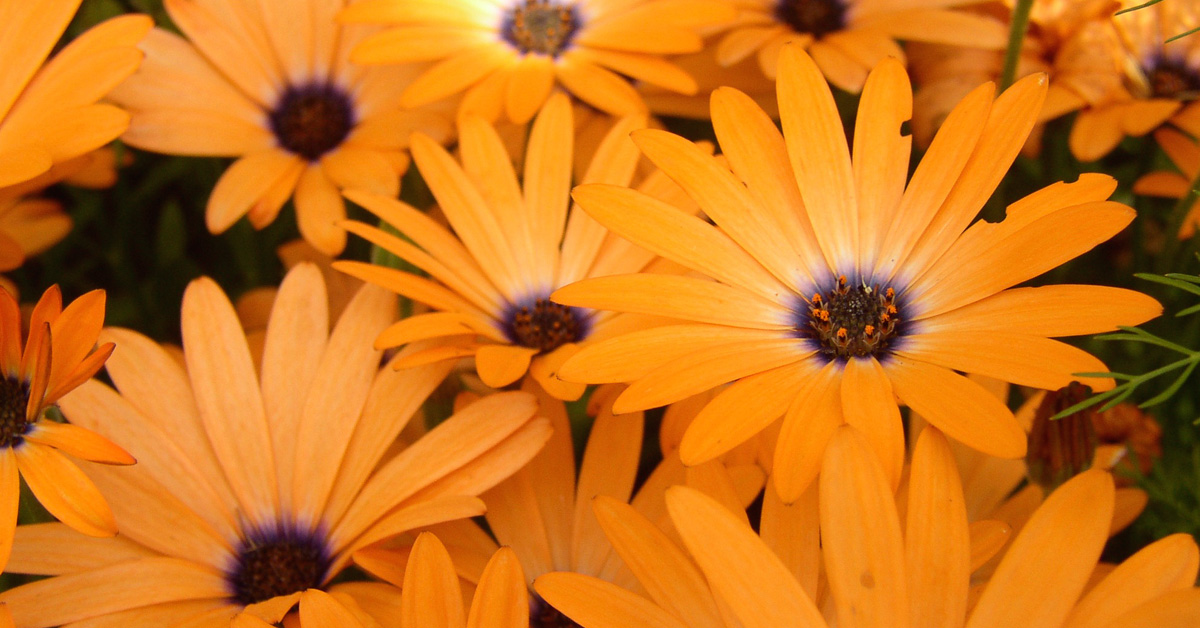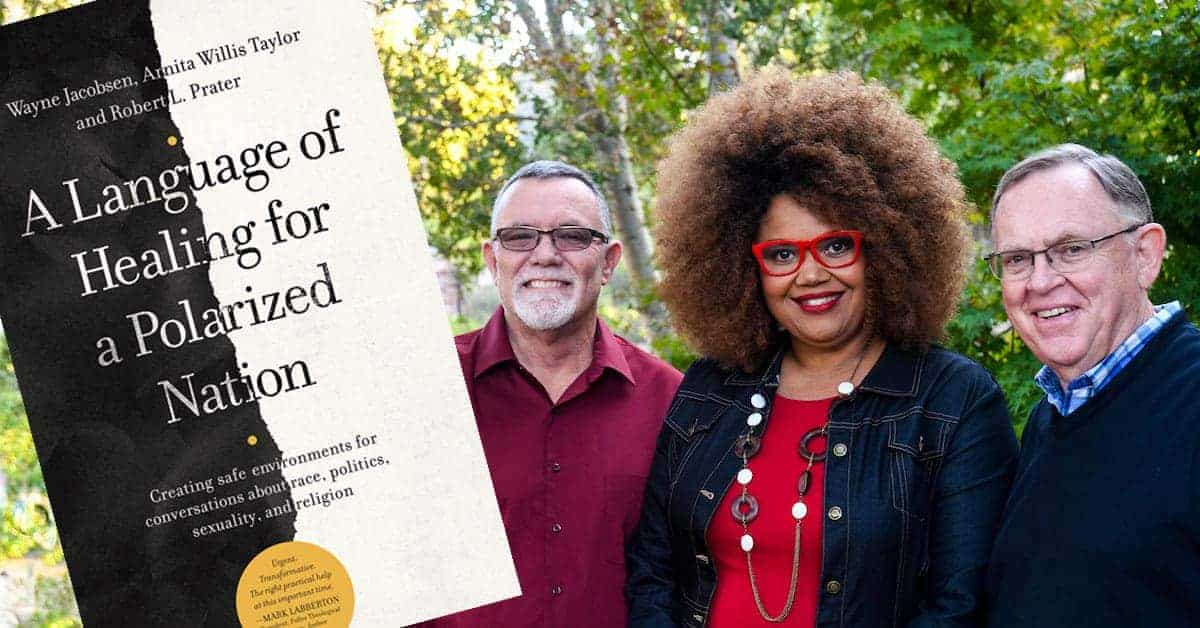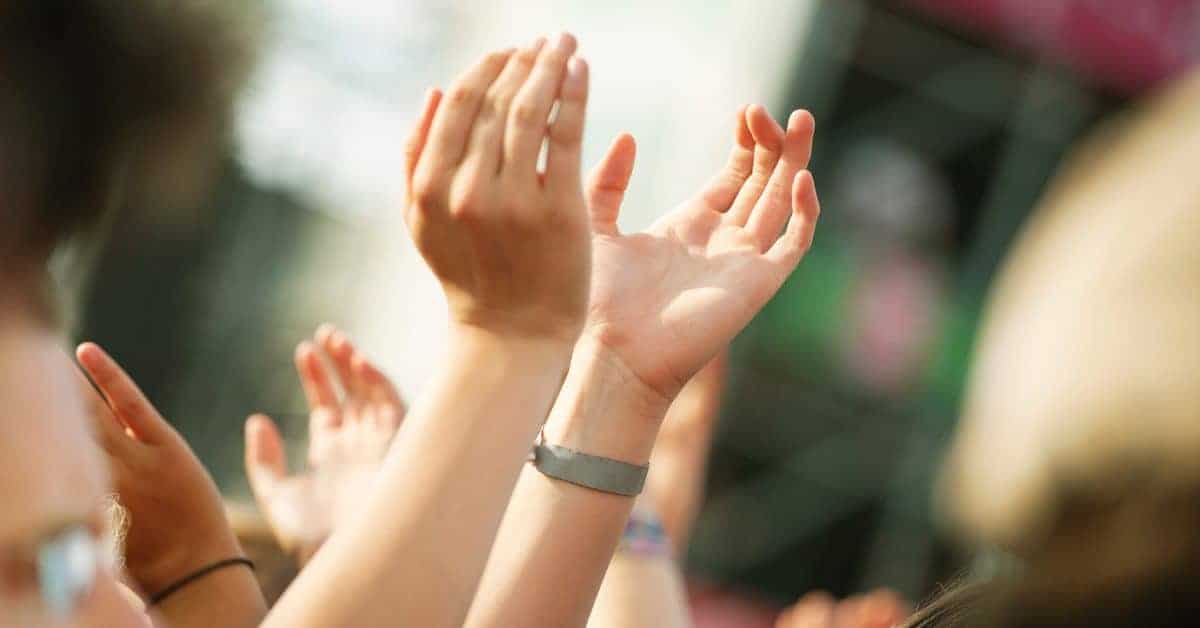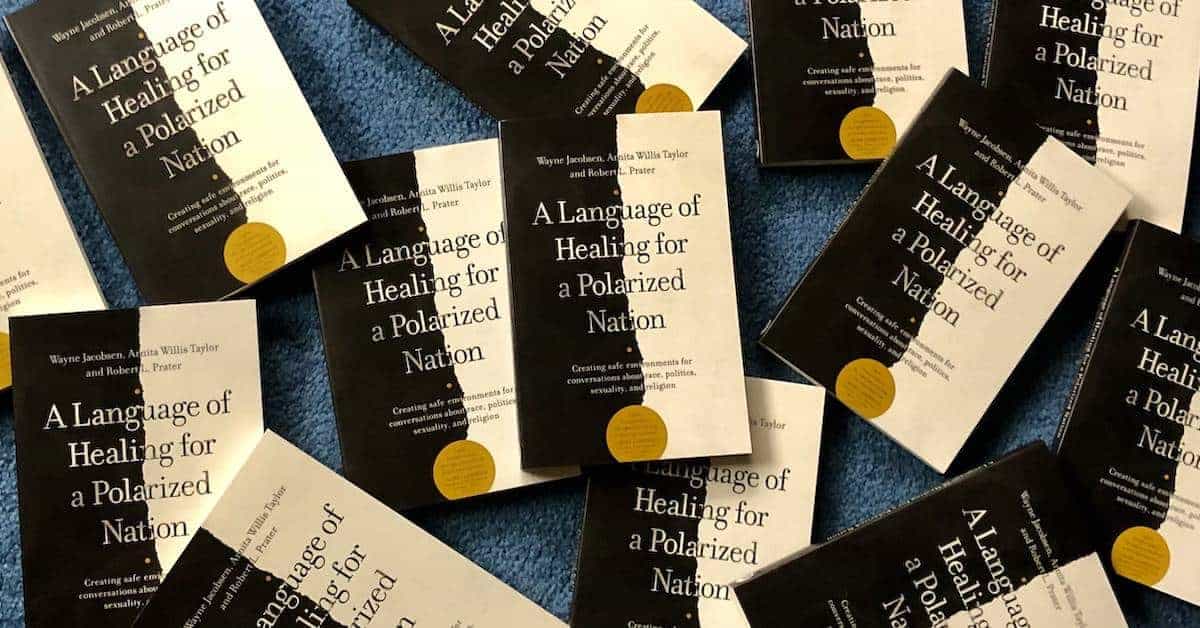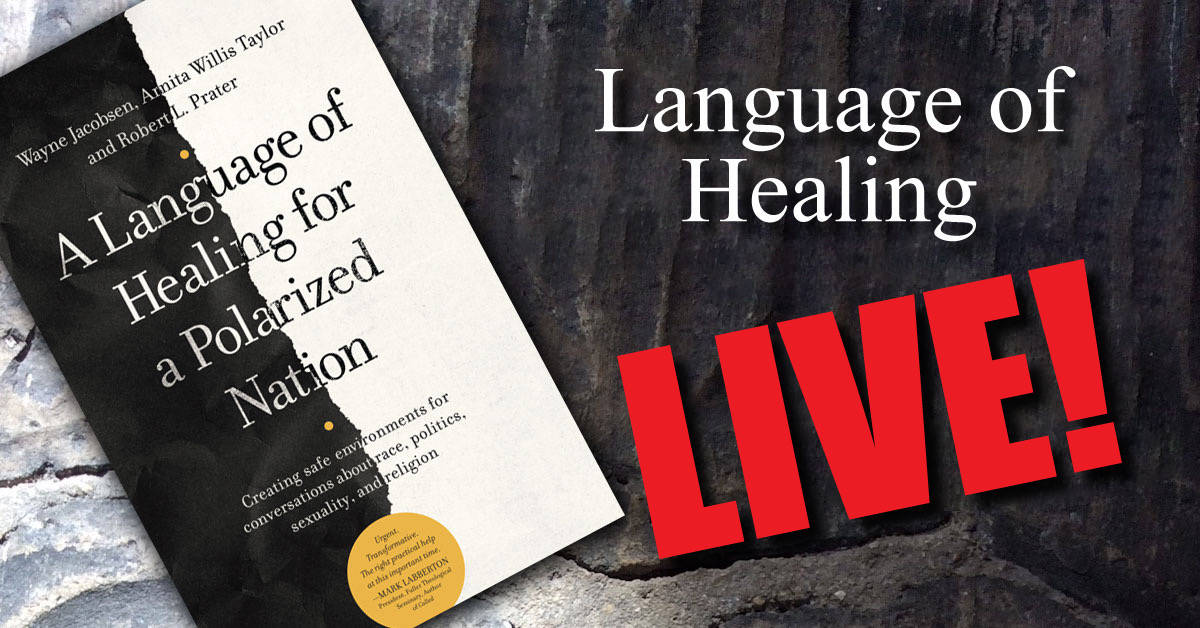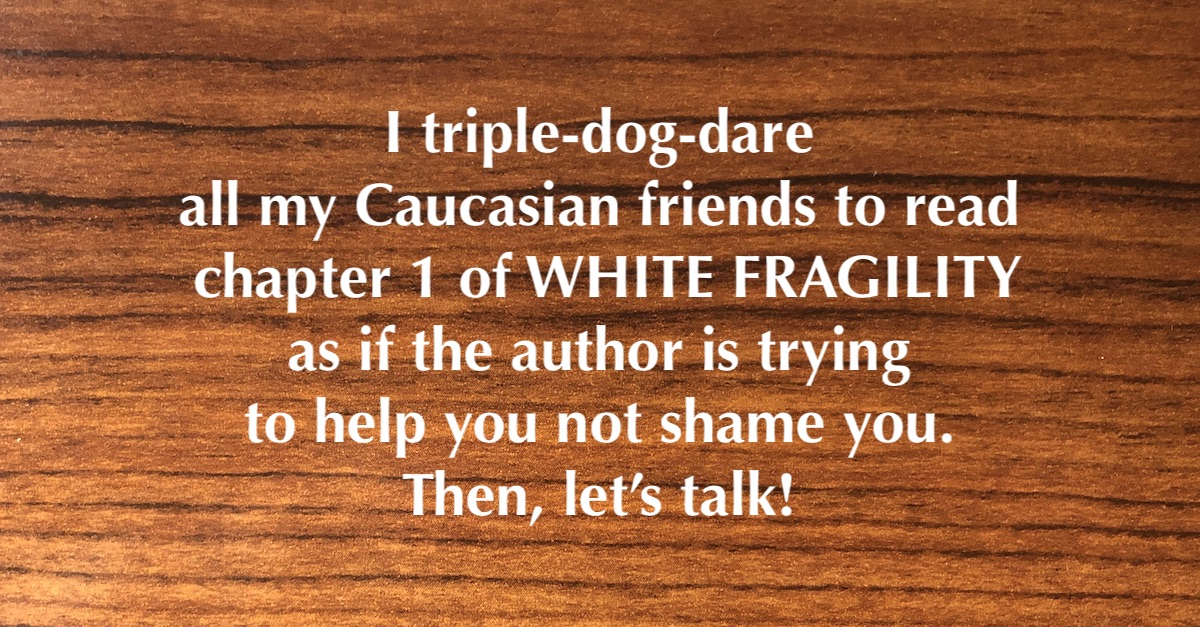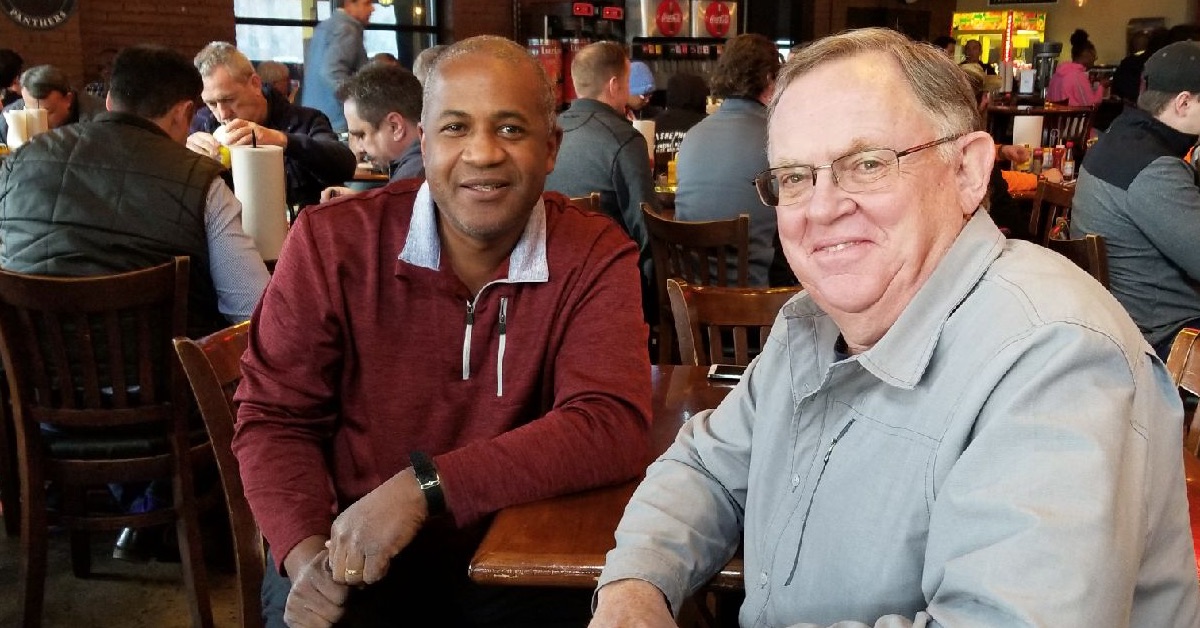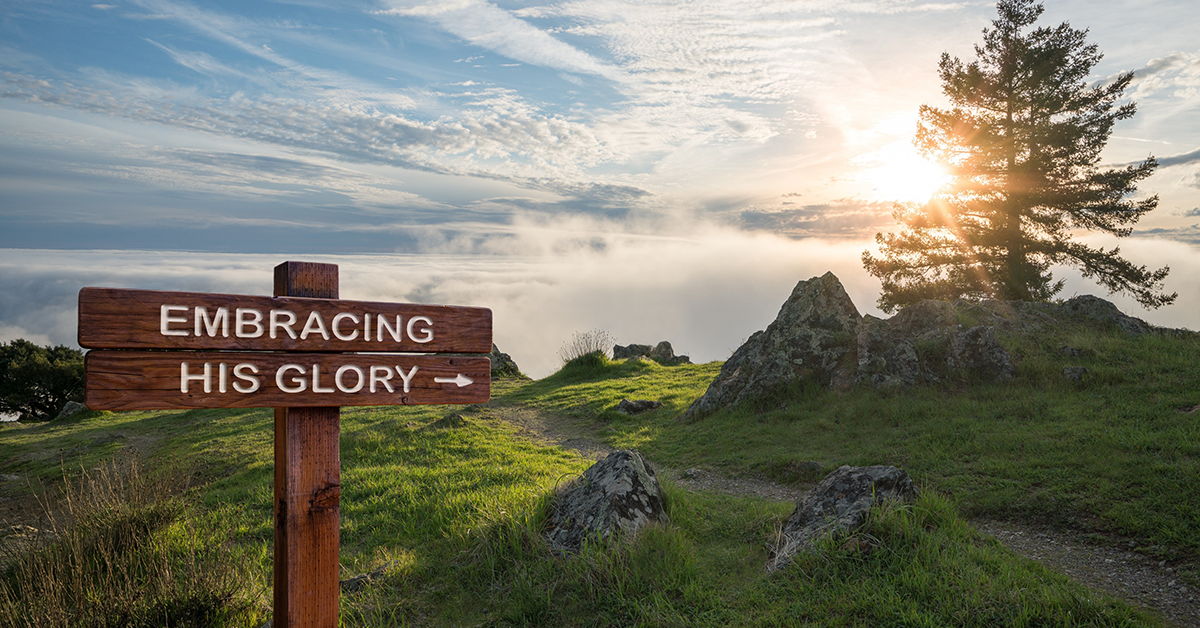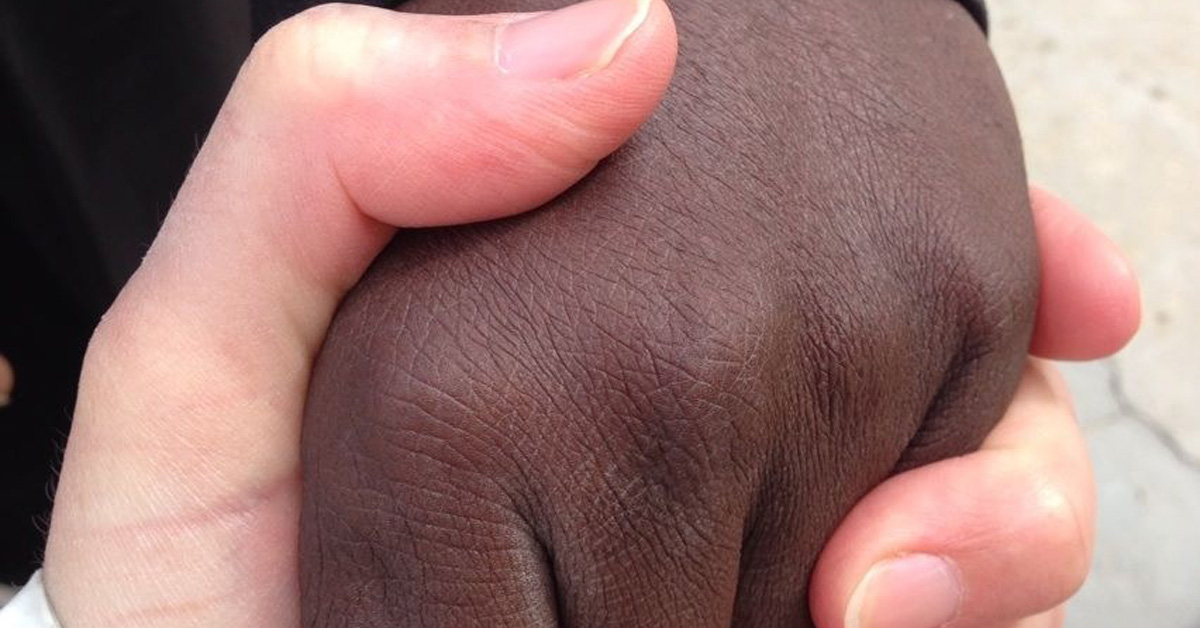I woke up yesterday to this email from a really close friend: “Do you believe there is systemic racism in this country? Do you think we are a racist country? I was just curious about what you thought as I couldn’t tell from what I have listened to and what you’ve written.”
Great question, and an important one for us all to answer.
I hope those are two separate questions. As to the second one, I don’t think any country can be racist any more than it can be Christian. The country is made up of people—some are, some aren’t. As a country, we are committed to incredibly high ideals—”liberty and justice for all!” Have we ever lived to the fullness of those ideals? No, not yet! Do most people aspire to that reality? I think they do, but they don’t control the microphones in this country. This great melting pot has some fabulous stories where people of different ethnicities coming together for a greater common good, and some horrible examples of those ideals being betrayed by those who act with hatred against certain groups of people.
The question I’d be more prone to answering is, “Does our country have a race problem?” I used to think it didn’t. I knew we had a disturbing past of enslaving people, but we’ve been trying to dig our way out of that and extend freedom and rights for all, even if that has often been done grudgingly. I grew up on the West coast where I was not exposed to a lot of overt racism, but I didn’t have a lot of black or hispanic friends, either. I grew up around people like me, for the most part. Over the years I’ve had friendships with people who look different from me, but they never let me in on the inequities they faced in our society. Perhaps they feared it would risk the friendship. Over the last decade or so I’ve had an expanding group of African-American and Latino friends who have let me in on the injustices they and their friends face. Some of it is low-key, but it impacts their opportunity and they definitely get the message that they are looked down on by the bulk of white culture as not-quite-equal. They see their children more at risk, and they don’t think we care.
Now, I’m convinced our society has a race problem and that many of my white friends are blind to its implications. We want to think we have reached equality, that most of these battles are behind us, that we do have equal opportunity and if “they” just worked hard enough they could have what we have. But, that isn’t true. They don’t have the same opportunities and we have added to their burden. We didn’t see how lynching replaced slavery as a way to instill fear and keep a culture down. We don’t see how unjust mass incarceration of black youth get them into the system to limit their opportunity and “keep them in their place.” We think high crime in ethnic neighborhoods justifies our suspicious treatment of all blacks. We don’t see racism around us, because it doesn’t happen to us or people we love. So, yes I am convinced there is systemic racism woven into the fabric of our culture. Most of it isn’t as overt as a racist cop killing an unarmed black man, and may even be unconscious, but it does exist. It gives people of color more to overcome to have the same opportunity the majority culture enjoys.
The reason there is such an explosion with anger now is not just because George Floyd was tragically murdered by a white cop but because his death provided a visible, undeniable image of the injustices that my friends of color and their children suffer every day in a society that is still white-preferring. This one is on video and even so, we have white people who don’t want to look at it or look for a reason that Mr. Floyd deserved it. They want it to be an isolated incident and ignore the wider issues it exposes. If we didn’t have that video, it’s very likely our justice system would have believed the police and dismissed the testimony of the onlookers. That’s been going on far too long, not only in the deaths of so many black, unarmed young men, but in the systemic racial inequity of a society that can do better.
Most white people I know wouldn’t want any of this to be true, but they have a hard time looking at our disparity and seeing it for what it is. I don’t think acknowledging white privilege is some horrible evil for which we should all feel shamed. It simply expresses the advantages we’ve had in being part of the dominant culture that prevailed in settling this country, often by violent and unjust means. They don’t want us to despise what we have; they want us to create a more level playing field so they can have the same opportunities we do. That reality has found its way into my heart, and I hurt along with them in ways I did not used to. I want to see more what they see, understand more what they feel, and lend my voice to theirs for more just and equitable solutions. I want to speak out against injustice, against using race as a means to judge another human, against ways they are exploited or looked down upon. If we could see the suffering our unawareness causes, we would act differently. That may be what is happening now in the protests being so diverse racially and generationally.
It has always been hard to talk about racism because we don’t use the same definitions. I hear African-Americans use the word to describe any attitude, policy, or action that diminishes them and their opportunity. White people, however, only use it to describe the worst examples like the KKK and white supremacists and can’t recognize racist tendencies in themselves or in the mechanisms of our culture. They think our racial issues were solved by the Civil War, or at least by Civil Rights legislation in the 60s. Most of us want this to be over and believe that all are created equal and have an opportunity to succeed. That’s why when racial conflict comes up they think even mentioning racism is divisive.
Don’t make the ‘racist’ term so evil, that you can’t look for it in your own heart and mind. Racism doesn’t have to be intentional or overt; it can simply result from not seeing beyond your own interests to incorporate the interests of others as well. Don’t take your definition of ‘racist’ by its most extreme examples. You can have friends whose skin tones are different than yours and still be blind to the racial issues our society has yet to confront and in doing so you help perpetuate a problem that needs to be fixed.
But you may have racial issues, or at least racial blindness…
- …if you’ve never offered safe space for your black or brown friends to discuss discrimination and bias without arguing with or dismissing their experience.
- …if you think you are “color blind” and treat all people equally.
- …if you see a group of white kids walking through your neighborhood you smile, and see a group of black kids and wonder if they are up to no good.
- …if you think everyone has the same opportunities you did; they only need to work harder.
- …if you take offense to the term “white privilege” or see it as a source of guilt or shame. White privilege is the recognition that as part of a dominant culture you have had significant advantage in navigating society—white more than black, male more than female. Since you’ve always had them it is easy to understand why you don’t recognize them. Watching how people of color are treated in public environments, or how you tend to look down on people who don’t achieve as much as you do, may help you recognize it. I don’t think people want your guilt; they are hoping you’ll learn to share those advantages with all others.
- …if you prefer not to talk (or read) about racism because it makes you uncomfortable.
- …if you think there are no bad cops because they are racist, afraid, or unnecessarily violent. Or, if you think all cops are racist.
- …if you see the destructive looters or rioters as an excuse to dismiss the concerns of so many law-abiding protesters.
- …if you tend to want to blame the victims when they are black or excuse the perpetrators if they are white.
- …if you still believe the narrative that Colin Kaepernick was out to denigrate our flag or our military.
- …if you get angrier when someone from a different culture cuts you off in traffic or gets the job you wanted.
- …if you have convinced yourself that President Trump cares equally for all Americans.
And if you find vestiges of racism in your heart, what can you do?
First, learning to recognize it is a big step. Now learn more about it, especially from those who’ve suffered from it.
Second, if you’re a person of faith, talk to God about it. Ask him to show you where it is in your heart and how he can untangle it. It will take time, but progress is a great thing.
Third, make time for relationships with people who look different than you do. Get to know them as friends and when you do, ask them to tell you their story. You can only discriminate against people you dehumanize. Humanizing them will change you and the way you live in society.
Fourth, explore with other people ways to make our society more equitable. The challenges are huge and finding the policies to fix them won’t be easy in our polarized culture. You can however, simply start with asking, “How can I become a more generous person in the world outside my own in-group? If you need some ideas here and some concrete ways to do that, see our book, A Language of Healing for a Polarized Nation. It contains specific exercises for you to engage conversations about race, as well as politics, religion, and sexuality that can close the gap on the divisiveness of our media and political leaders.
Don’t let this upheaval pass without taking stock within. Philip, a friend of mine, posted this scene from JRR Tolkien’s Lord of the Rings. It is one of my favorites and so appropriate in the face of the pandemic and the racial concerns that now confront us:
Frodo tells Gandalf of his regret that the ring had come to him. “I wish it need not have happened in my time.”
“So do I,” Gandalf responds, “and so do all who live to see such times. But that is not for them to decide. All we have to decide is what to do with the time that is given to us.”
We have not chosen to live in this time, but God has chosen us to live in it. Let’s respond in a way that puts more of Father’s glory in the world.




